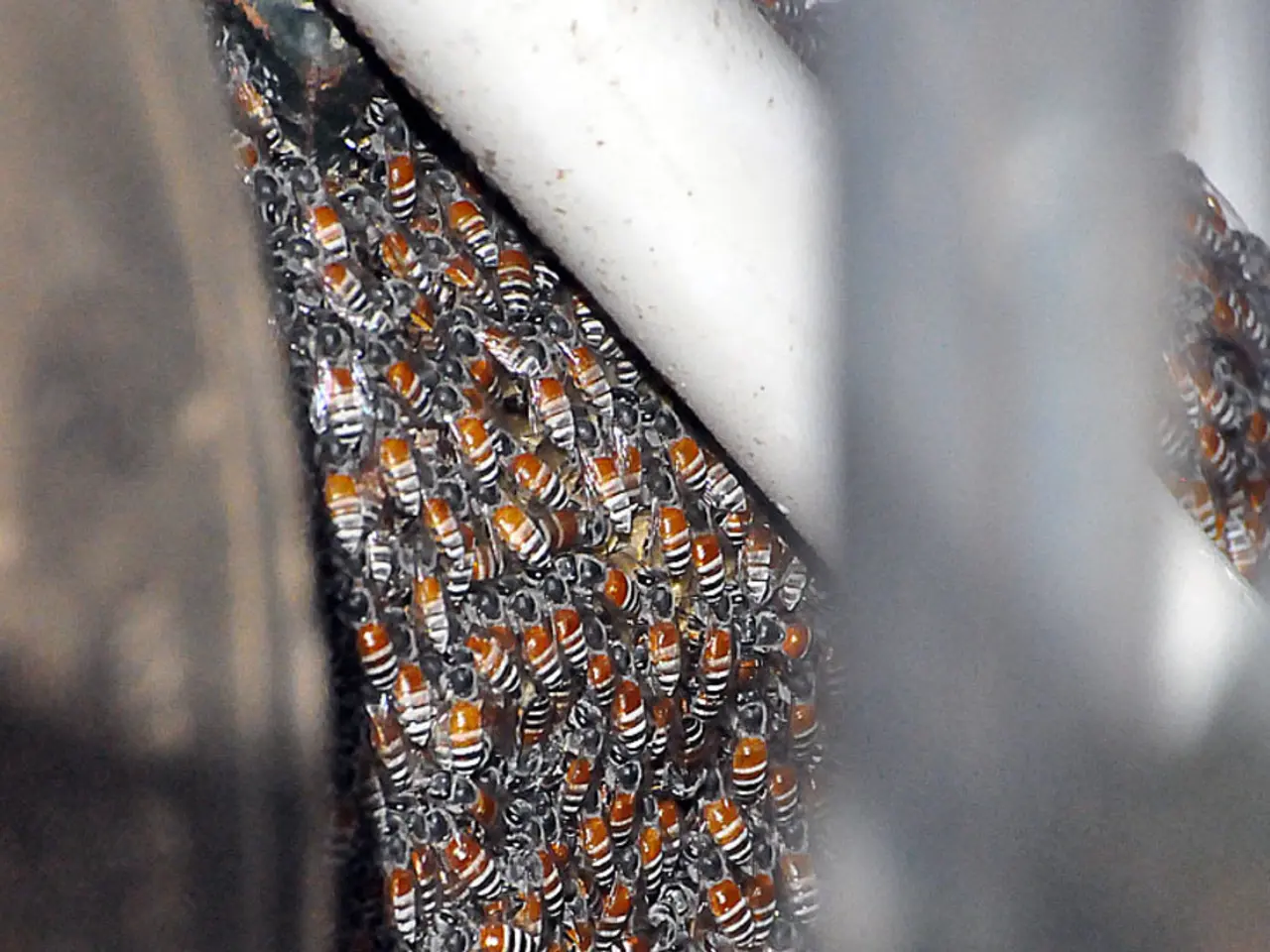Gathering in Serbia: "Science against Counterfeiters" European Symposium takes place
In a significant move to safeguard the integrity of the honey market, leading European laboratories such as Intertek, Celvia, and Analab are employing advanced and harmonized analytical strategies to combat counterfeit honey. These strategies focus heavily on sophisticated chemical profiling and collaborative method development.
The Joint Research Centre (JRC) of the European Commission, for instance, uses state-of-the-art methods like Liquid Chromatography–High-Resolution Mass Spectrometry (LC-HRMS) to detect specific markers in honey that indicate adulteration. These markers include unusual sugars like mannose, difructose anhydride III (DFA III), and other oligo-/polysaccharides with defined degrees of polymerization. The presence of these compounds can flag honey samples as suspicious for authenticity issues.
To ensure consistency and reliability in detection across laboratories, Brussels has established an expert group mandated until 2028 to harmonize methodologies across Europe. This harmonization of detection methods ensures that all laboratories, including Intertek, Celvia, and Analab, are working with the same protocols.
To handle complex sample preparation and data analysis challenges, leading laboratories increasingly use automation and Artificial Intelligence (AI). These tools help overcome workforce shortages and improve the sensitivity and throughput of honey authenticity testing.
There is also a strong emphasis on industry, academic, and standards organizations working together to develop and refine methods to detect food fraud, including honey adulteration. This joint effort enhances method development and regulatory enforcement capabilities.
While specific proprietary techniques from Intertek, Celvia, or Analab are not disclosed in publicly available sources, it is clear they align with these emerging European-wide trends—applying high-resolution mass spectrometry, harmonized protocols, and advanced data analytics to detect and prevent counterfeit honey in the market effectively.
The European Symposium "SCIENCE AGAINST COUNTERFEITERS," held at the 16th State Beekeeping Fair in Serbia, brought together representatives from various European laboratories, including Intertek from Germany, Celvia from Estonia, and Analab from Serbia. The symposium aimed to address the issue of counterfeit honey, a pressing issue in the European beekeeping industry, and to discuss potential solutions through existing and innovative honey analysis methods.
The beekeepers present at the symposium expressed great concern about the state of the honey market, with counterfeit honey leading to a difficult situation for honest beekeepers and businessmen as they struggle to compete fairly. The symposium, however, did not focus on the detection of counterfeit honey but rather on solutions to the problem through analysis methods.
A recording of the symposium will be published on the European Beekeeping Association's website, headed by Boštjan Noch. The event was organized by the Serbian Federation of Beekeeping Organizations (SPOS - SFBO), with Ivan Smajlović, the head of LABORATORY ANA LAB in Pančevo, Serbia, and Kaarel Kryutshkov, the head of CELVIA Laboratory in Tartu, Estonia, among the laboratory representatives present.
In summary, the fight against counterfeit honey in Europe relies on the deployment of high-resolution chemical profiling (LC-HRMS), standardized detection protocols, and automation/AI-enhanced data analysis, driven by coordinated expert groups and collaborative networks across laboratories and regulatory bodies. These efforts aim to protect the interests of honest beekeepers and businessmen, ensuring a fair and sustainable honey market for all.
- The Joint Research Centre (JRC) of the European Commission utilizes advanced methods like Liquid Chromatography–High-Resolution Mass Spectrometry (LC-HRMS) to analyze food and drinks, specifically honey, for signs of adulteration in the health-and-wellness sector.
- To maintain the integrity of the food-and-drink market, leading European laboratories are working towards harmonizing methodologies and employing automation and Artificial Intelligence (AI) for sample preparation and data analysis, as part of the lifestyle industry's focus on ensuring food safety and business excellence.
- The European Commission has established an expert group mandated until 2028 to ensure consistency and reliability in detection across various European laboratories, including those specializing in health-and-wellness, nutrition, and finance, fostering collaboration and mutual development of methods to combat food fraud.




